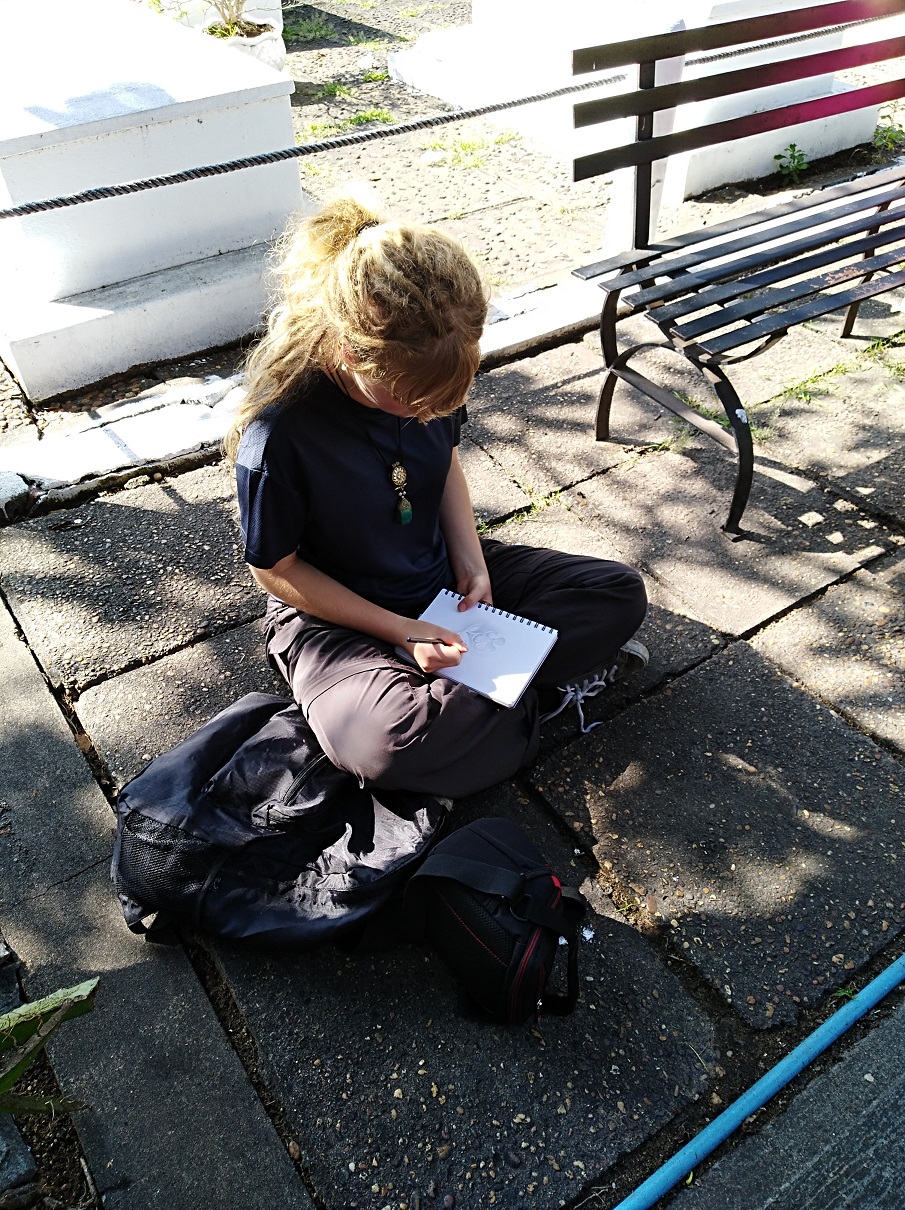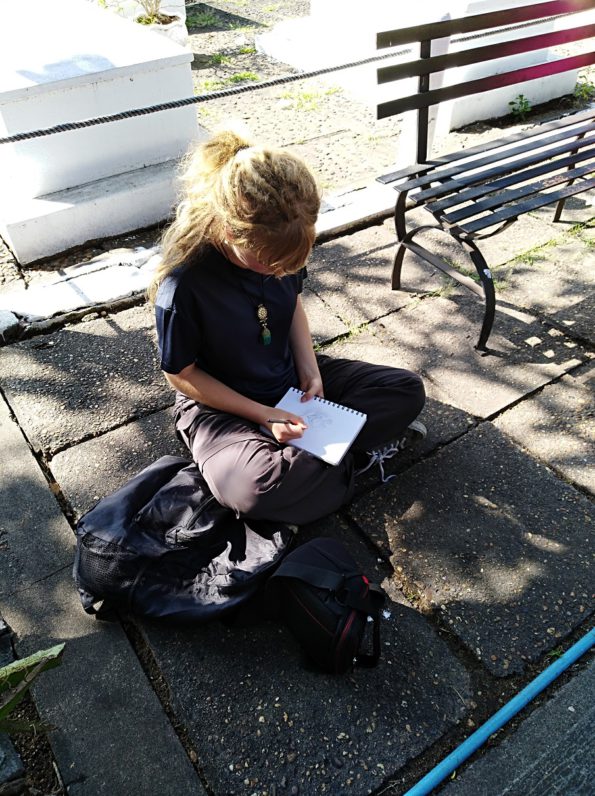For the past few weeks, I have been on the judging panel for the China Daily English contest for the Yunnan Province finals. I’m the token dà bí zi měi guó ren (Big nosed American) so I’m the designated question master.
Translation? I had to ask each contestant a question about the impromptu speech they had to give.
It was fun, making me feel like one of the judges on a beauty pageant asking questions about world peace and what not. But even more so, it was stressful knowing that a score could make or break a student’s confidence. Instead of trying to find the answer to the world’s problems, I asked questions that would find the sparkle in the contestant’s eyes and calm their nerves a little.
Who was your favorite teacher?
What do you think about McDonald’s name change in China?
Would you take a ride in a self driving car in Kunming?
The students were excellent, their grammar better than most native language speakers. Some were from villages, some overcame crazy obstacles. But there was one student who stood out, literally.
She was an albino.
China does have albinos, their unique features making them stand out like a white sheep in a country of a billion black, where standing out isn’t as admirable as standing in.
The girl’s hair was yellow, her eyes blue. Her impromptu speech topic? On being that white sheep. She talked candidly about the pain of growing up different in a society where you’re expected to be the same, from eating mi xian noodles米线 for breakfast to the radical strokes in your Chinese characters.
“I don’t have black hair! I don’t have dark eyes! I definitely don’t have the same dreams!”
Her entire life this girl got teased about being different, her school classmates being particularly cruel. She was half way done with her speech when the “time’s up” buzzard went off.
Her eyes lost their sparkle and her shoulders drooped.
It was time for me to ask a question. It didn’t take long to think of one. I gave her a big smile and asked, “Can you finish your story, please?”
Her words lit up the room as sure as her blue eyes.
This girl didn’t win; the honors went to a French major, I kid you not.
But after the competition, the blue eyed girl sought me out in the crowds to thank me.
Judging is difficult but I learn something from each student. Everyone can make a difference. You don’t have to be a dà bí zi měi guó ren in China or a blue eyed Asian to do that. You can make a difference, even if you’re the same.



You are a gifted listener. I love this story.